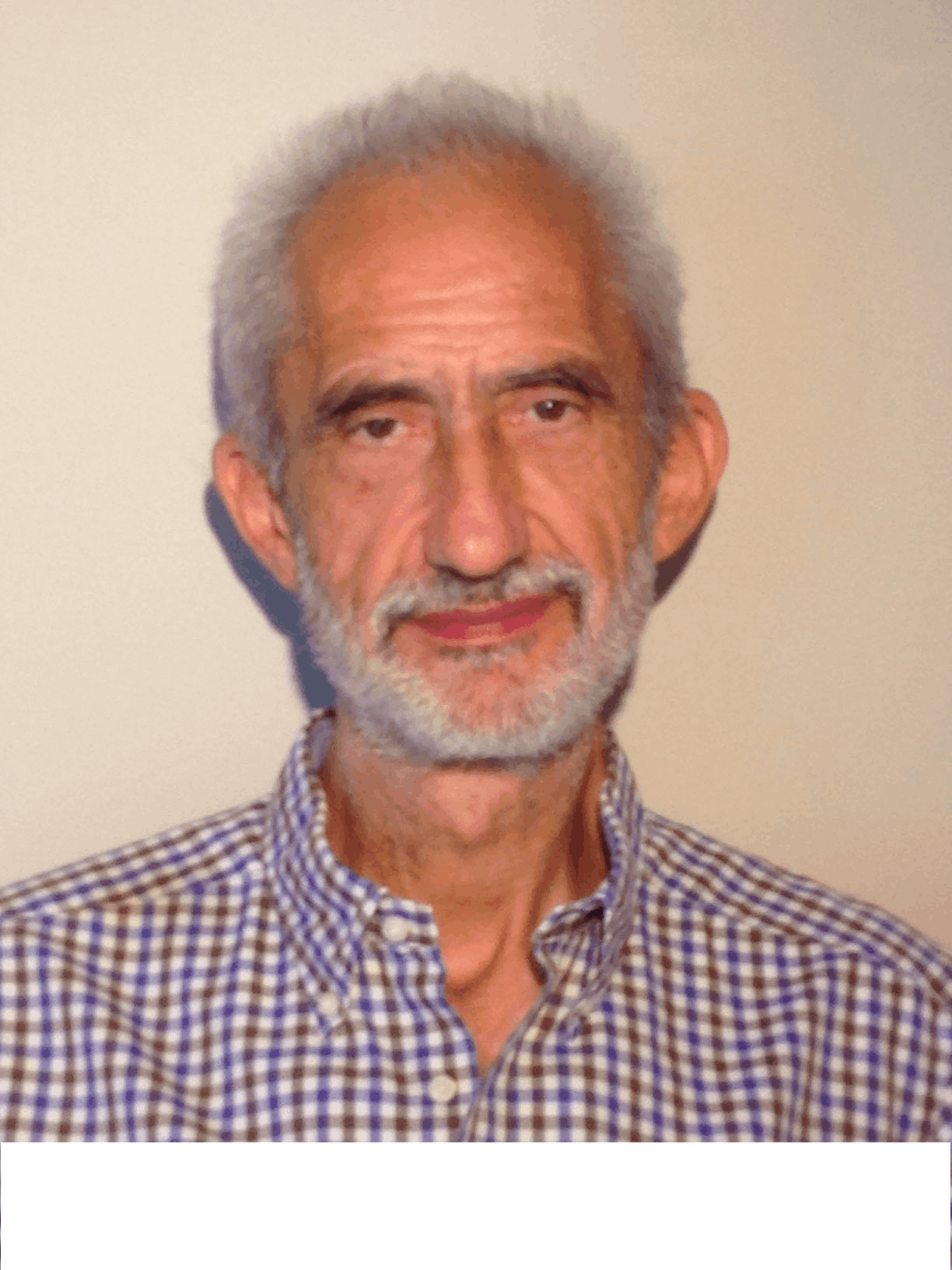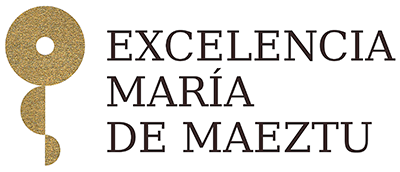
Fernando Vega-Redondo
Full Professor (María Zambrano)
Game Theory, Evolutionary Theory, Learning, Bounded Rationality, Social Networks
Bio
Fernando Vega-Redondo received his Ph. D. from the University of Minnesota in 1984 under the supervision of Leonid Hurwicz. He has taught at the Universities of Alicante, Pompeu Fabra, Essex (UK), Cornell, European University Institute, and Bocconi. He has been elected fellow of the Econometric Society, the Game Theory Society, and the Society for the Advance of Economic Theory. He has held editorial positions at various journals such as Games and Economic Behavior, International Journal of Game Theory, Network Science, or the Journal of Complex Networks. He has supervised Twenty six doctoral researchers and is the author of several books such as Complex Economic Networks (Cambridge University Press, 2006), Economics and the Theory of Games (Cambridge University Press, 2003), and Evolution, Games, and Economic Behavior (Oxford University Press, 1996). His multidisciplinary research has led to more than one hundred international publications in the fields of economics, game theory, biology, and physics.Publications
- “Social networks and the process of globalization,” The Review of Economic Studies 85, 2018 (joint with Georg Duernecker).
- “Economic networks,” Science 325, 2009 (joint with Frank Schweitzer, Giorgio Fagiolo, Didier Sornette, Alessandro Vespignani, and Douglas R. White).
- “Structural holes in social networks,” Journal of Economic Theory 137, 2007 (joint with Sanjeev Goyal).
- “The rise and fall of a networked society: a formal model,” Proceedings of the National Academy of Sciences of the U.S.A. 101, 2004 (joint with Matteo Marsili and Frantisek Slanina).
- “The evolution of Walrasian Behavior,” Econometrica 65, 1997.
Recent research
- "Production and financial networks in interplay: crisis evidence from supplier-customer and credit registers," February 2022, (joint with Kenan Huremovic, Gabriel Jiménez, Enrique Moral-Benito, and José Luis Peydró).
- "Networking entrepreneurs," February 2023 (joint with Paolo Pin, Diego Ubfal, Cristiana Benedetti-Fasil, Charles Brumitt, Gaia Rubera, Dirk Hovy, and Tommaso Fornaciari).
- “Riot networks: a game-theoretic model with an application to the Egyptian Arab Spring,” April 2023 (joint with Chih-Sheng Hsie, Michael Konig, and Lachlan Deer).
- “Common ownership in production networks,” April 2023 (joint with Matteo Bizzarri)
- “Revealing information – or not – in a social network of traders,” May 2023 (joint with Patrick Allmis and Paolo Pin)
